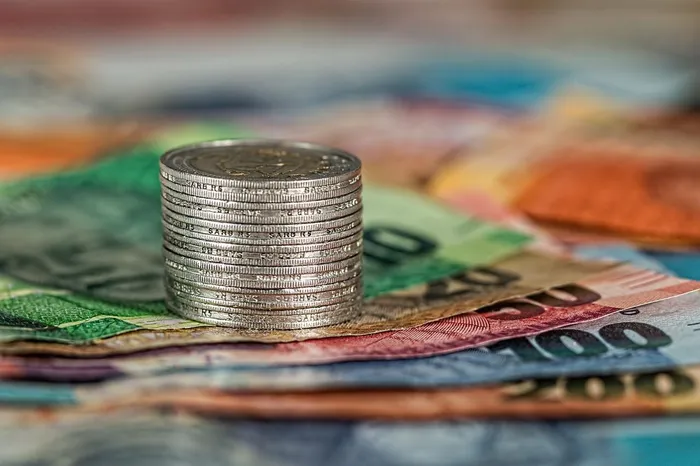Financial markets remain positive despite uncertainty in the US regarding interest rates
Markets

The Federal Reserve’s Open Market Committee (FOMC) announced at its meeting on 7 May that it would not decrease its bank rate.
Image: Pixabay
In the US, the “backlash” from the Trump administration's tariff policies is starting to affect the US economy and financial markets quite negatively.
The Federal Reserve’s Open Market Committee (FOMC) announced at its meeting on 7 May that it would not decrease its bank rate. The US central bank has warned that President Donald Trump's tariffs have created "so much uncertainty" that it is unsure what to do about interest rates.
The Federal Reserve announced on Wednesday that it would keep interest rates unchanged, despite pressure from Trump to lower borrowing costs. Fed Chair Jerome Powell stated that the economic fallout from Trump’s tariffs meant it was "not at all clear" what the bank should do next.
US share markets managed to remain nervous and undecided on Friday as investors assessed fresh comments from President Donald Trump regarding tariffs on China ahead of a key weekend meeting between the two countries.
Trump argues that Beijing should open its market to the US and feels that 80% tariffs on Chinese goods "seems right." The levies are currently at 145%. One can only assume that a comprehensive deal is unlikely to emerge from a single meeting.
Hopes are nevertheless high that a partial rollback of the sky-high tariffs will result from this first meeting. US stocks closed nervous and flat on Friday as investors awaited the outcome of the high-stakes trade negotiations between the US and China in Geneva this weekend.
The S&P 500 was down marginally by 0.1%, the Dow Jones lost 119 points, while the Nasdaq 100 finished unchanged.
Domestically, share prices moved sideways last week. The ALSI on the JSE closed on Friday at 91 861, only 0.5% down over the week after the index reached yet another record high level of 92 332 the previous week. The index is still 8.76% up from the beginning of the year.
On the precious metals markets, the gold price recovered strongly last week. Bullion improved from its lowest level in three weeks on 1 May 2025 to a record high of $3 431 last Tuesday. Gold closed on Friday at $3 342.
On the foreign exchange market, the Rand/$ exchange rate also improved last week. The currency closed at R18.20/$ on Friday against R18.56/$ a week ago. Although the Brent crude oil price improved by $2 per barrel last week to close on Friday at $63.55, prospects for another decrease in fuel prices at the beginning of June remain good.
For the first week of June, the price for petrol was 52 cents, and the price for diesel was 88c cents per litre over-recovered. Together with prospects for a much stronger Rand and cheaper imports, expectations of a lower and stable inflation rate for the rest of the year may improve prospects for a cut in the repo rate over the next three to six months.
The sharp increase in precious metal prices like gold, platinum, and palladium is expected to continue, which will support a stronger Rand.
This coming week, investors across the world await the US/China trade negotiations in Geneva. Domestically, STATSSA will publish South Africa’s unemployment rate for Q1 2025 on Tuesday. It is expected that the jobless rate will have increased from 31.9% in Q4 2024 to 32.4% in Q1.
Due to newcomers on the job market who finished school in 2024, the unemployment rate typically increases as joblessness among the youth remains the highest. The release of the US inflation rate for April on Tuesday will also be important for investors.
It is expected that the core inflation rate will remain at 2.8%, as the effect of higher tariffs imposed on US imports will only start to affect consumer prices from May. On Thursday, STATSSA will release South Africa’s mining production for March, while elsewhere, Great Britain will announce its GDP growth rate for Q1 and the US will release its retail sales for April.
Chris Harmse is the consulting economist of Sequoia Capital Management and a senior lecturer at Stadio Higher Education.
Business Report